
Feeding and Riding the Lactating Mare
Learn about the nutritional requirements of a mare with a foal at her side as she gets started back into work.

Learn about the nutritional requirements of a mare with a foal at her side as she gets started back into work.

Don’t balk at the S-word on the feed label. It might be just what your adult horse needs.

Your horse’s nutritional requirements depend on his life stage and individual needs.

Learn about 10 common plants, chemicals, organisms, and toxins your horse should never eat.
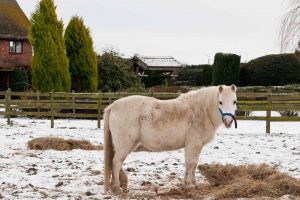
An equine nutritionist explains why you should consider your individual horse’s needs and forage source before choosing a ration balancer.
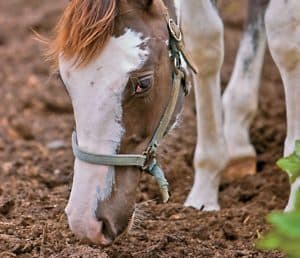
Decipher fact vs. fiction when it comes to the complicated world of feeding horses.
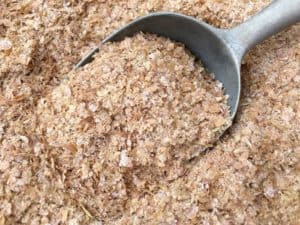
While steeped in tradition, feeding bran mashes can cause GI distress in horses. Learn why, and discover alternatives.

Buy quality hay and grain and store it in cool, dry places to preserve nutrient content and prevent spoilage.
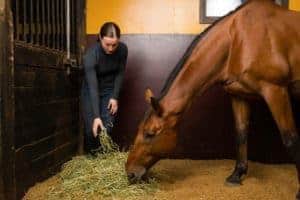
Find out how to design an affordable feeding program while still meeting your horse’s nutritional requirements.

Find out how you can influence your horse’s behavior through feed management and ingredients.
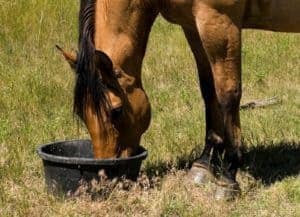
An equine nutritionist breaks down what’s in a grain-free feed and how you might increase calories for a performance horse consuming a grain-free diet.

A nutrition expert offers advice on preventing weight gain and boredom while a hefty horse is on stall rest.
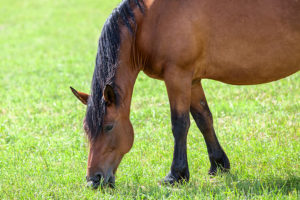
Nutritional evaluations take the guesswork out of whether your horse is consuming a balanced diet.
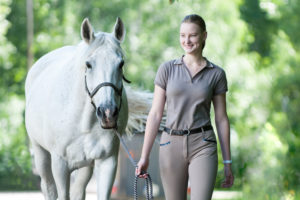
Here’s what owners can expect to pay when prioritizing their horses’ welfare. Learn more in this article from the Winter 2023 issue of The Horse.
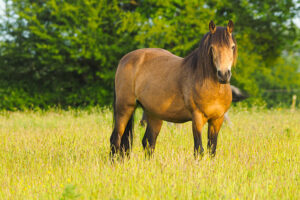
Here are some tips for promoting nonworking horses’ optimal health (and preventing potential problems) with nutrition.

Is your feed room overflowing? Get advice on streamlining equine diets when you’re feeding horses with a variety of nutritional needs.
Stay on top of the most recent Horse Health news with
© 2022 Copyright Statement dolor sit amet, consetetur sadipscing User Terms, sed diam nonumy eirmod tempor invidunt ut labore et dolore magna aliquyam erat, sed diam voluptua. At vero eos et accusam et justo duo dolores et ea rebum. Stet clita kasd gubergren, no sea takimata sanctus est Lorem ipsum dolor sit amet.
"*" indicates required fields